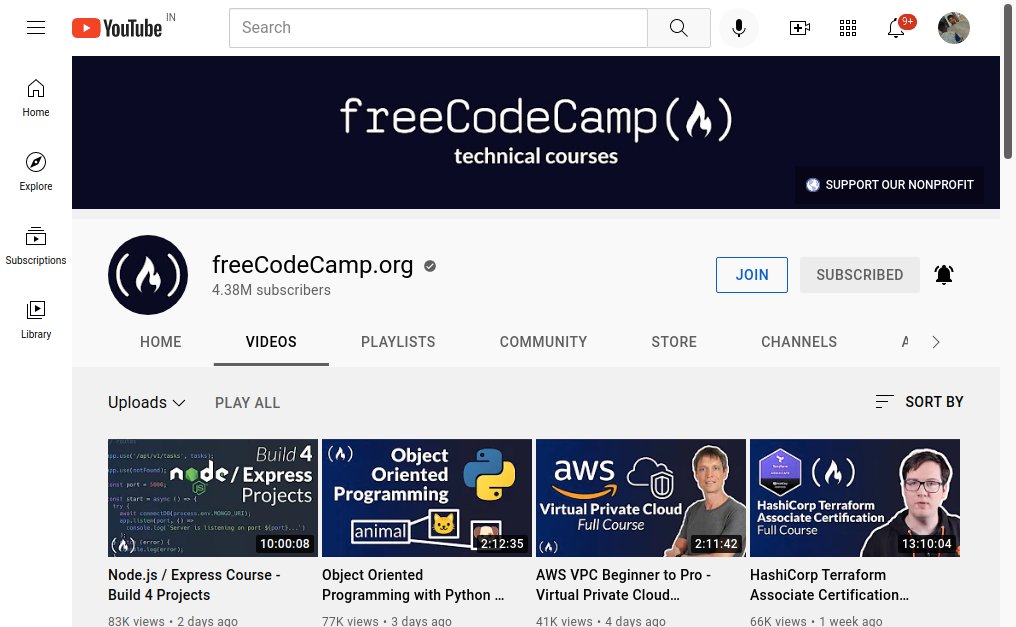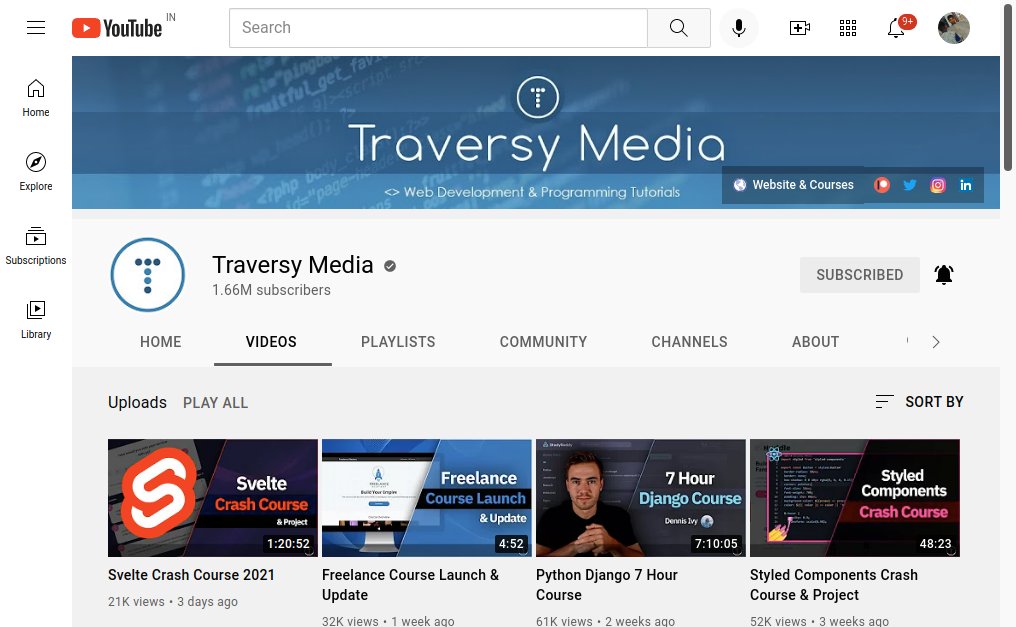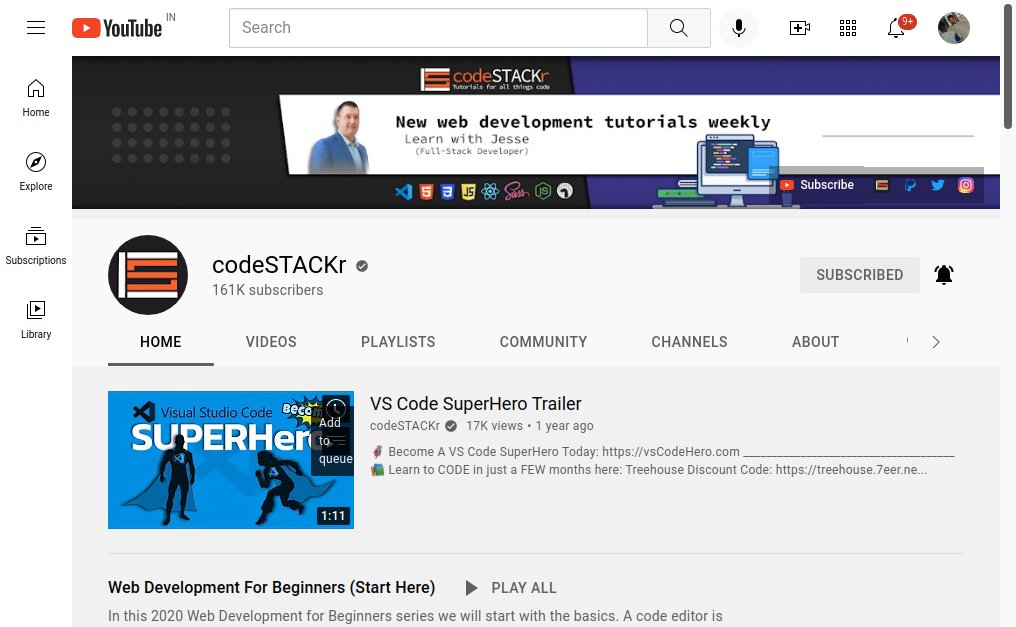1/ Thinking Fast and Slow
Lessons:
• Probably the best book written on human behavior
• You will learn how to be aware of your own bias
• Make better decisions by understanding your blind spots
2/ The Innovator’s Dilemma
Lessons:
• Why big companies miss disruptive innovations
• Big companies demand quantification of market size
• Disruptive markets in their infancy can’t be quantified
3/ Zero to One
Lessons:
• Competition is for losers
• Monopolies are actually good
• Large TAM’s are overrated
4/ How to Win Friends and Influence People
Lessons:
• Business is about people
• You’re selling to people (customers) or hiring people (employees)
• This book helps you get better at both
5/ Super Pumped
Lessons:
• Uber faced so much resistance when it was launching
• If you're building a product in a market where there are large incumbents, take lessons from this book
6/ Extreme Ownership
Lessons:
• Stories from the army on how to lead teams
• Good leaders take ownership of what they do
• Good leaders take ownership of what happens to their team
7/ Atomic Habits
Lessons:
• Change your life by taking small steps
• Small steps become part of your routine until a new habit is formed
8/ The E Myth
Lessons:
• How to think in terms of systems and processes for your business
• A good business can function without the owner being involved in everything
• This comes down to building great processes to fulfill the work you do
9/ The Lean Startup
Lessons:
• How to think about MVPs for your launch
• This book crystallized the notion of validating your learnings via quick experiments
• Throw out the business plan, take action and test the market quickly
10/ The Compound Effect
Lessons:
• Compound Growth is the 8th wonder of the world
• This book dives into how compound growth can improve your life
• You overestimate what you can do in a day and underestimate what you can do in a year
11/ Feel the Fear and Do it Anyway
Lessons:
• We all have fears, doubts, and suffer from analysis paralysis
• This book is a great reminder that fear is normal
• You will learn how to embrace your fears and take action anyway
12/ Think Again
Lessons:
• A new perspective on how to handle conflict
• How to change someone’s mind when they’re being stubborn
• How to build and nurture a passion
13/ Reverse Innovation
Lessons:
• Most people assume that the developing world is behind
• This book turns that assumption on its head
• Building for emerging markets allows you to import high-impact and low-cost innovations to developed markets
14/ No Rules Rules
Lessons:
• Netflix has one of the most unique corporate cultures
• A must-read as build your own company and think about culture
• This book written by the CEO dives into why Netflix came up with policies on: feedback and unlimited vacations
15/ Nudge
Lessons:
• Dissect how human beings make decisions
• The way things are placed in our environment influence how we make decisions
• Think twice about “default” options when making decisions
16/ The Almanack of Naval Ravikant
Lessons:
• The 1st tweet I’ve ever bookmarked on twitter was Naval’s tweet on how to get rich (without getting lucky)
• A collection of Naval's lessons on wealth building and life
• This book is available for free online


















